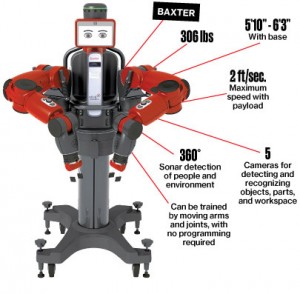You know that Career Path you’re currently on – I want to tell you to not get so concerned and uptight about where it’s going because the reality is – it will only go in 3 directions. I was talking with a young HR pro last week and this person was super concerned about his career path – you know the concern – “I need to be an executive by 35 or my life is a failure” – and he was looking to me for advice. So, I gave him my career path advice – get fired a couple of times and have your Mom promote you to President! Seems easy enough, I don’t know what all the concern is about.
The reality is – you have only 3 places you will go in your career path:
1. You’ll stay in position (No Move)
2. You’ll get promoted (Move Up)
3. You’ll get fired (Move you don’t want)
Someone might be thinking – wait – you can have lateral movement or be demoted. Demotion is being fired, you just couldn’t take the hint and leave. Lateral move I consider staying in position or no move – all you did was change the color of your office, it’s the same thing.
I’ve gotten to the point in my career where I talk to younger people – just starting out in their career and I say stupid stuff like- “Ugh, these GenY and Millenials don’t get it – you have to put in your time and prove yourself – they’ve done nothing, but think they deserve to move up”. Right? You say this stuff to don’t you! Then I remember – I had the same freaking stupid goals – I wanted to be a VP by 35 or somehow I’d consider my life to be a failure (It didn’t happen until I was 38 – and by the time I got it – it no longer seemed important!). Generations haven’t changed – young people have always want to move up faster than they should and believe they can handle it.
I envy people who have stayed in the same position for 20-30-40 years – COMPLETELY – envy. To be satisfied with where you are at – not feel that need to push up or out – to chase something that in the end is meaningless – that is a feeling I don’t know – but would like to. You know – HR Pros/Leaders contribute to this issue – we tell people they are on a career path, we feel the need to show them a career path – we make people feel like if they aren’t “chasing” their career path or climbing the ladder they are somehow less than others. They aren’t.

